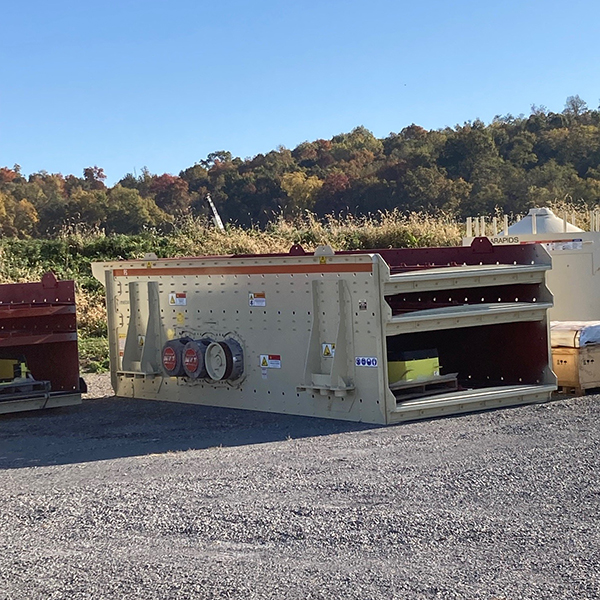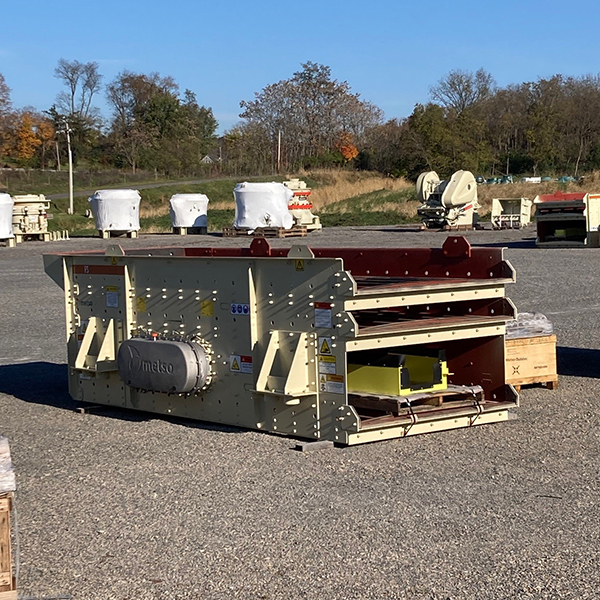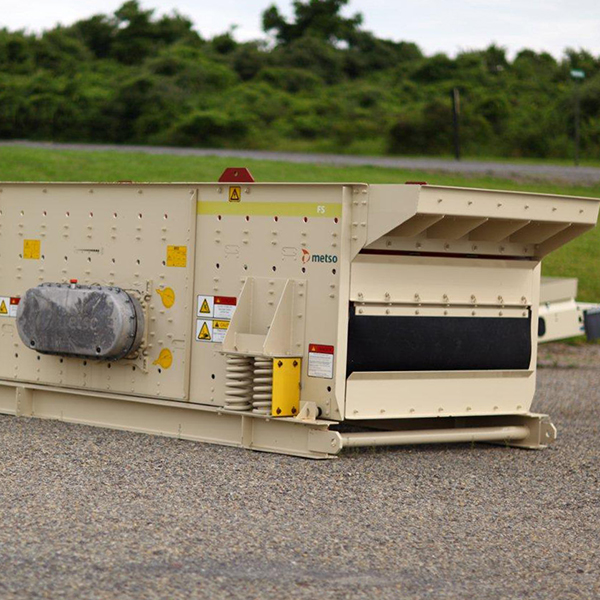Contract Crushing, or as some people call it “Custom Crushing”, is a service that has solved many problems for aggregate producers over the past multiple decades. Whether it is opening a greenfield site, gaining added salable inventory through supplemental crushing, recycling asphalt or concrete, or the myriad of other needs, Mellott has implemented many solutions for customers utilizing Contract Crushing. In fact, Contract Crushing has been the heart and soul of our organization since the 1970s. We’ve partnered with small family-owned operations, we’ve helped build aggregate producer empires, and everything in between. Mellott’s contract crushing division has reached an unparalleled level of excellence in providing solutions to our producer customers in areas such as:
Whether for rocks, aggregate mixtures, or minerals, our line of inclined screens can help you get the job done right. If your operation or project needs more flexibility and precision for your aggregate mixtures, horizontal screens are a great option. Renting our horizontal screen equipment can help you get access to extremely useful tools that will improve your efficiency and your overall bottom line in your next project.
What Are Inclined Screens?
Inclined screens are a type of vibrating screen that uses vibration to help move aggregate materials across a screen for separation. This type of screen is often used to separate large and small particles or to remove unwanted materials from a mixture. Inclined screens are often used in mining and other industrial applications.
The capabilities of using inclined screens include:
- They can quickly and easily remove undesired particles and create a specific type of aggregate mixture.
- They are durable and can withstand heavy use.
- Inclined screens come in a variety of sizes and can be customized to suit any project’s specific needs. They are also relatively easy to operate and maintain.
How Do Incline Screens Work?
An inclined screen uses circular vibration to stratify the material. The combination of vibration and angle of incline provides the travel speed of the material over the deck. Inclined screens are used for the grading of materials such as coal, ore and sand. The slope of the inclined screen is fixed, although the stroke can be adjusted to the required level. The general working stroke of an inclined screen is between 8 and 12 mm, and the design of inclined screens permits changes to this stroke through the addition or removal of additional eccentric masses on the exciter.
Inclined screens are generally designed with multi-deck arrangements, which allows material to be classified into 2–5 grade types. Additionally, these screens are generally fitted with an impact area directly before the screening section begins that breaks up the material and causes any long pieces to lie flat during screening.
What Are The Benefits Of Inclined Screens?
Inclined screens work by vibrating at a high frequency, which causes materials to naturally move up the screen and into the separation process. As the materials move down the belt, pieces of material are separated based on their size and consistency. Inclined screens are often used in conjunction with other aggregate equipment, such as crushers and feeders, to help improve the overall efficiency of the aggregate process.
Inclined screens offer several benefits, including:
- Increased Production: Inclined screens can help increase production by screening and sorting materials more quickly and efficiently than traditional methods.
- Improved Quality: Inclined screens help to produce a higher-quality aggregate product by separating smaller pieces of material from larger pieces. This helps to create a more uniform product that is consistent in size and shape and in line with your specifications.
- Reduced Wear and Tear: Inclined screens vibrate at a high frequency, causing less wear and tear on the screen itself than traditional screening methods. This helps to extend the life of the screen and reduce maintenance costs.
What Are Horizontal Screens?
A horizontal screen is a type of screening machine that uses a vibrating screen deck to separate materials by size. The deck is oriented horizontally, and material is fed onto the screen at one end while smaller particles pass through the screen and fall off the other end. Horizontal screens are often used in rock crushing and aggregate processing applications, where they are typically set up as a two- or three-deck system to achieve the desired particle size distribution.
Horizontal screens offer several advantages over traditional inclined screens. They take up less floor space, making them ideal for cramped or limited spaces, they are easier to maintain and clean, and they can handle larger feed sizes than inclined screens. Additionally, horizontal screens are better suited for screening wet or sticky materials, which can cause problems for inclined screens.
Types Of Horizontal Screens
There are a few different types of horizontal screens typically used in rock crushing and aggregate projects. The most common type is the inclined vibrating screen, which uses an eccentric shaft to create vibrations that move the material across the screen. This type of screen is ideal for separating large and small particles, as well as for removing oversize material.
Another type of horizontal screen is the banana screen, which gets its name from its curved shape. This type of screen is often used for dewatering applications, as it has a high rate of water drainage. The third type of horizontal screen is the rotary drum screen, which uses a rotating drum to separate materials. This type of screen is ideal for processing wet or sticky materials.
Benefits Of Using Horizontal Screens
Horizontal screens are becoming an increasingly popular option in the rock crushing and aggregate industry. They offer several benefits over traditional vertical screens, including:
- More Screening Area: A horizontal screen has a much greater screening area than a vertical screen of the same size, which means it can process more material per hour.
- More Efficient Separation: The horizontal configuration allows the material to flow across the screen more freely, which results in more efficient separation of smaller particles from larger ones.
- Easier Maintenance: Horizontal screens are much easier to access and maintain than vertical screens, which can make them a more cost-effective option in the long run.
Screens For Rent With NorX
Horizontal and inclined screens already offer huge value to projects that require specific screening specs. Renting this equipment can help you upgrade your current equipment or get more affordable access to these powerful tools. Additionally, rentals can help you to skip maintenance costs and focus on productivity.
For more information on horizontal and inclined screens and how they can benefit your next project, reach out to our team today at (770) 338-0111.



